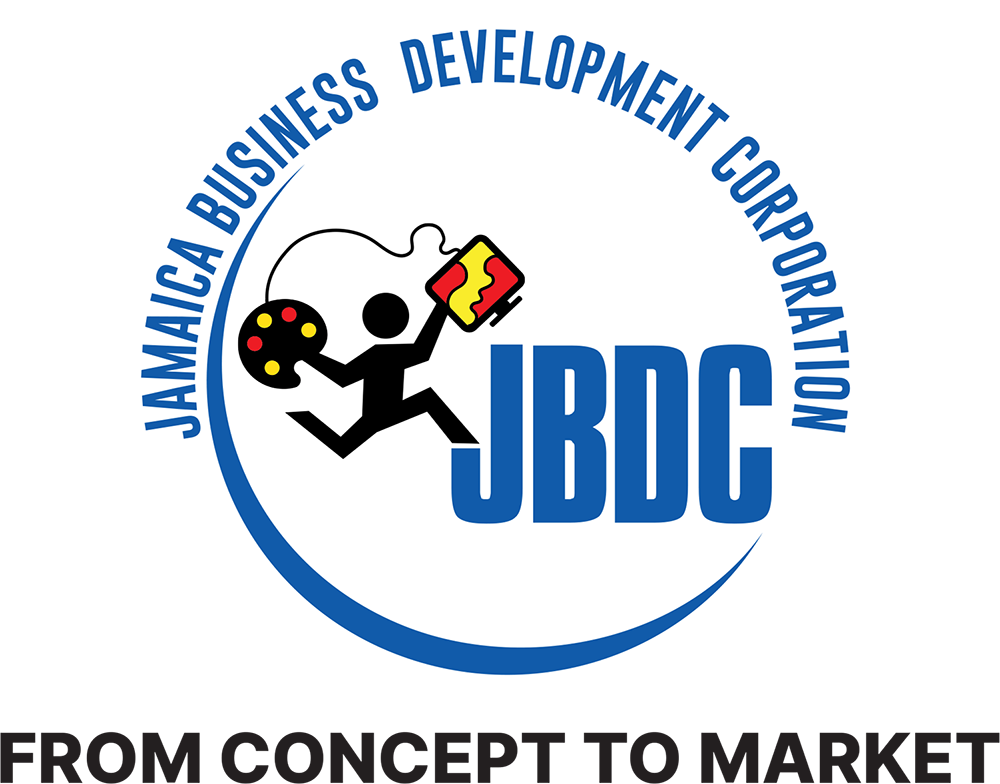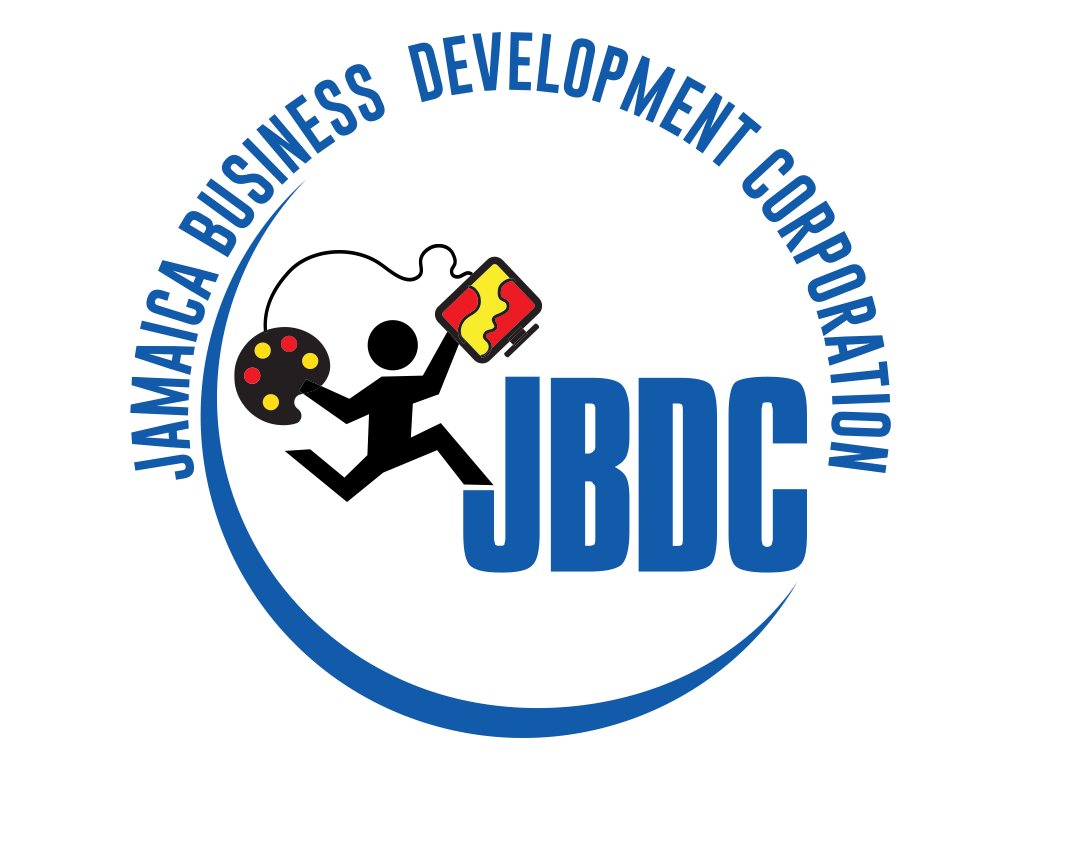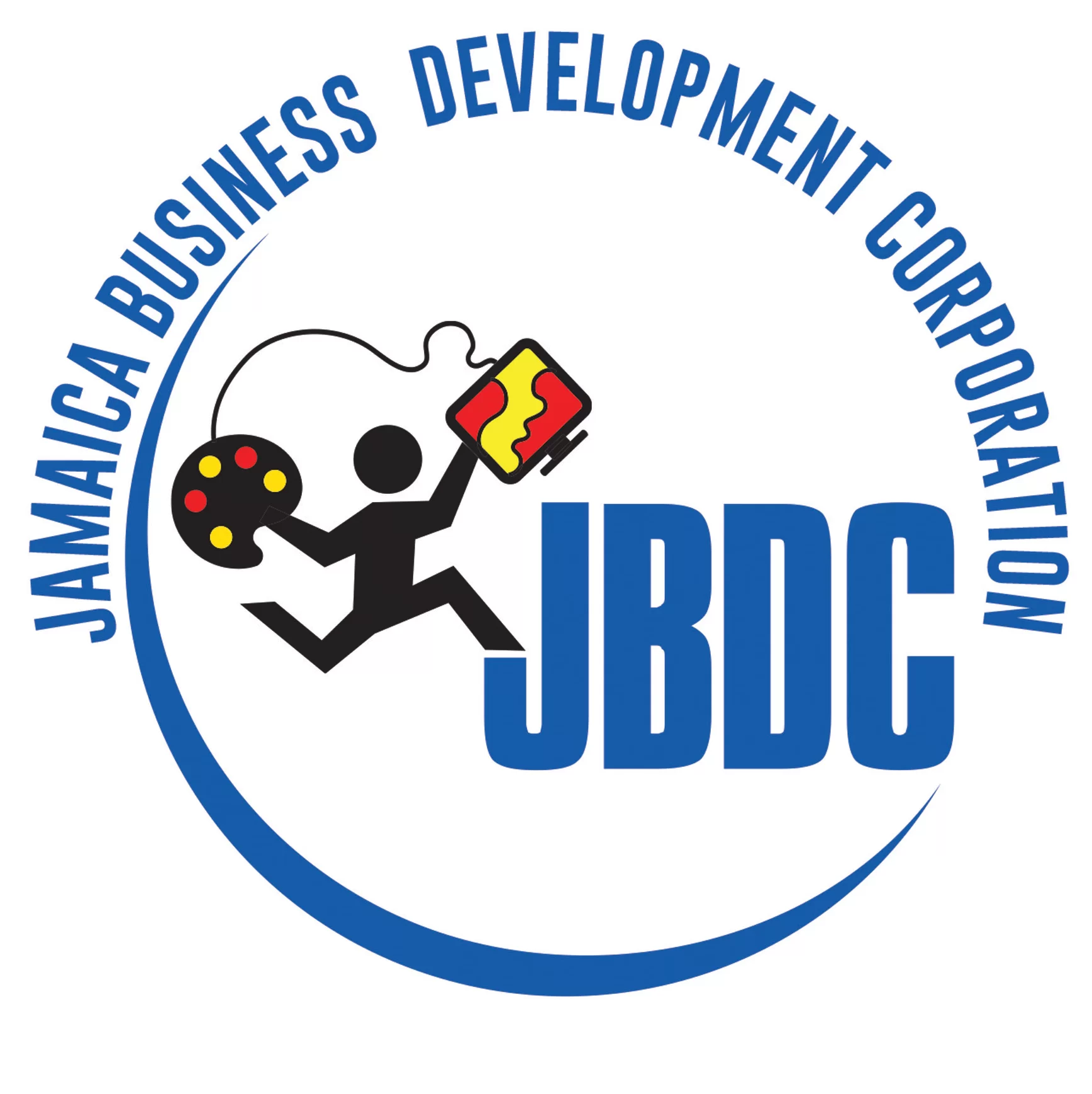CULTURAL and creative industries operators are called to take advantage of the growing wave of economic opportunities being unlocked in the metaverse or third generation of the Internet.
The metaverse offers virtual spaces for engagement, connection, sharing, and collaboration — providing a digital platform in which people can interact, play games, work, meet, shop, stroll, watch movies and concerts, or partake in several other activities they can also do in the real world.
According to findings from a recent survey done by international economic experts, the metaverse has the potential to contribute about US$3 trillion to global gross domestic product (GDP) within a decade “if it evolves in the same way mobile technology has in terms of its adoption”. Akin to mobile technology, the metaverse is expected to have far-reaching applications for society, transforming economic sectors such as education, health care, manufacturing, job training, communications, entertainment and retail.
With more people utilising virtual and augmented realities to drive business, events and other lifestyle activities, it is believed that increased opportunities await particularly the creative economy as more people are needed to develop, engage and build new products as they become more consumed in the virtual world.
Harold Davis, deputy chief executive officer (CEO) at the Jamaica Business Development Corporation (JBDC), speaking at a virtual webinar held by the business support agency on Monday said that the metaverse could open up a new space for local designers to create unique cultural realities and identities through the avatars being developed.
“It is a great place for animators, designers and other creators to see how best they can participate as suppliers and importers of the services demanded globally. The technologies are already catching on like wildfire internationally so we need to be at the forefront of the opportunities,” he said.
Through the use of non-fungible tokens (NFTs) creatives can also create platforms for digital collectability — allowing for their body of work in the form of art, music, design or any other cultural object to be traded since these digital representations are often 100 per cent unique and unable to be duplicated, ensuring copyright protection.
“Creatives can sell their art as NFTs but still preserve the rights to it and also earn from it so that every time that NFT is sold, they also get a percentage of that sale,” stated Adrian Dunkley, president of the Jamaica Technology and Digital Alliance (JTDA) and founder of the StarApple Analytics firm, in his presentation at the webinar.
According to research statistics, NFTs currently have a market cap of over US$40 billion.
Amid the wide-ranging opportunities in the space, Dominic Summers, president of iCreate Institute, urged more creatives to mint/trade their work, citing the benefits of metadata which he said will allow for clear recognition of owner’s rights.
From an investment standpoint, Denise Marshall-Miller, senior manager at VM Wealth Management, indicated that these products are ranked among the newer forms of alternative investments which, though not as popular as the traditional stocks and bonds, are becoming emerging areas of focus among up- and-coming investors.
“NFTs is an emerging asset class that is doing well. As investors, people need to be open to looking at these types of investments outside of the traditional assets as they also offer opportunities for developing generational wealth,” she said, while urging creative entrepreneurs to design products that “offer value or provide a utility”.



Source: https://www.jamaicaobserver.com/business/creatives-urged-to-tap-metaverse-opportunities/







